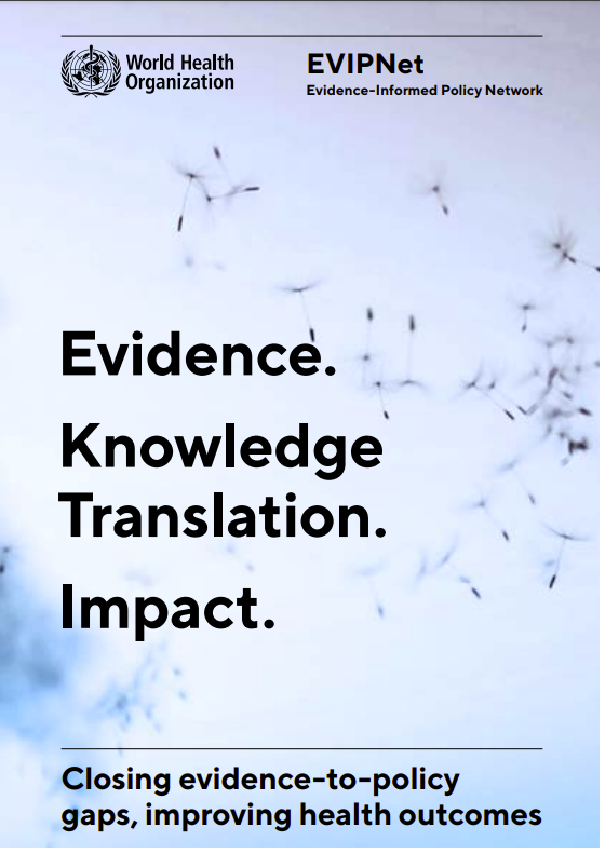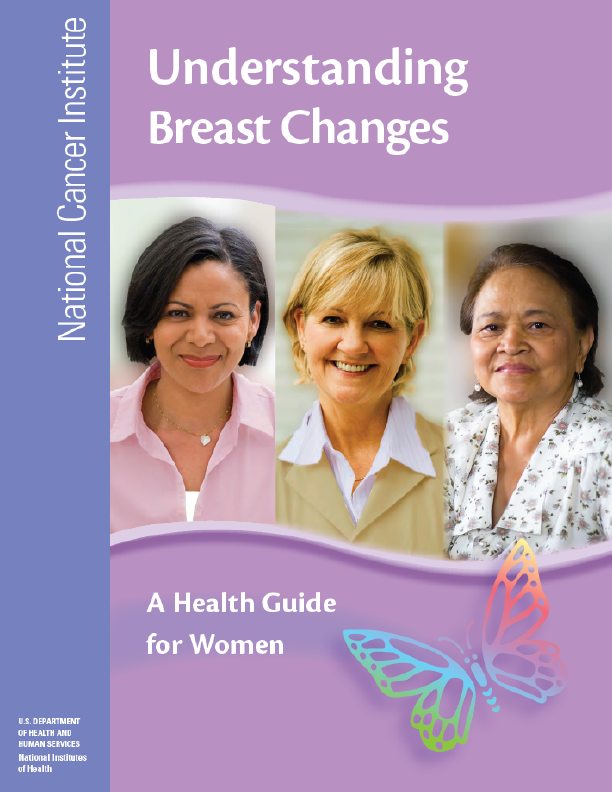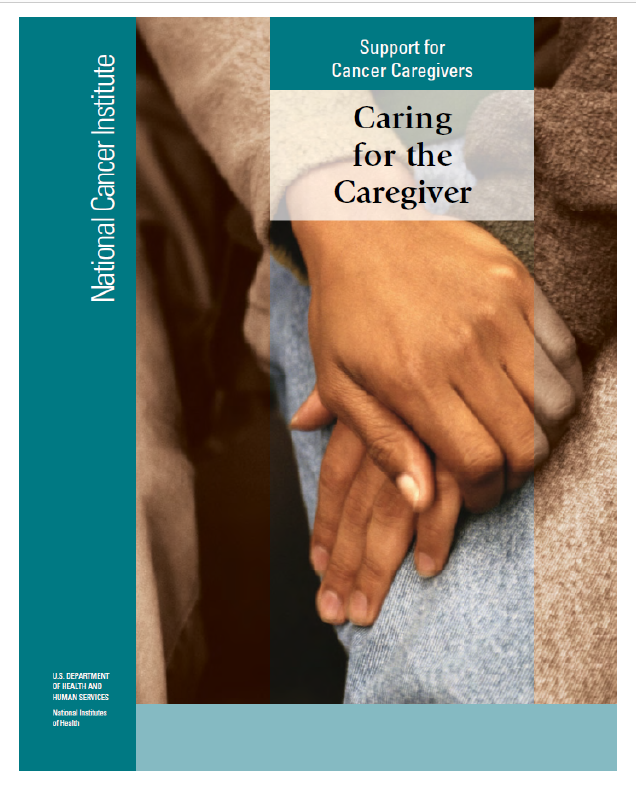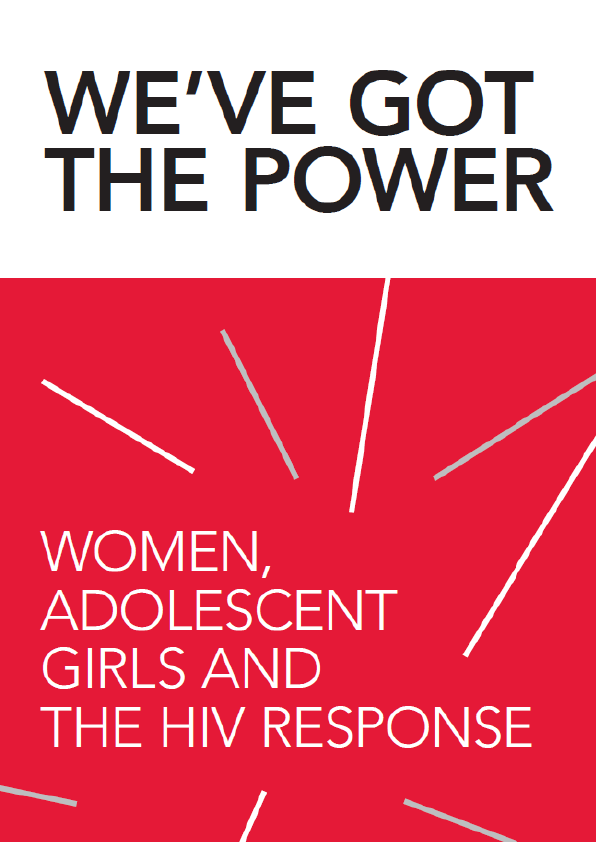This text is a structured narrative about basic practical topics, such as finding an internship, getting started there, making effective use of supervision, understanding ethics, appreciating cultural diversity, becoming competent, and completing the internship. The text includes descriptions, suggestions, and exercises. It may be used as either a primary course text or, due to its relative brevity, a supplemental one. Although the lead editor is an experienced clinician and professor who has supervised internships for a variety of human services majors over many years, the book was written with and for students to make it more readable and more useful.
Introduction
Chapter 2 introduces the internship and helps guide students through the process of finding a “good fit,” though that might not turn out to be exactly as one imagined. More specifically, this chapter discusses much of what students want or need to know before finding and starting at their placement sites. Remember, your school may structure the course as a practicum or internship, but we are using the terms interchangeably because there is considerable overlap between them.
Human Services Worker: A person who is trained to assist others to find appropriate and positive solutions to various life issues and problems. Their academic training varies widely.
Network and Networking: The continuous development of a supportive system of sharing information and connections between individuals and groups that share common interests.
Internship: An experientially-oriented course or learning situation aimed at providing students with real-life training and experience in a human service setting. Typically described as a practicum, internship, or service-learning experience.
It is important to know what exactly we mean by human services and what is expected of a human services worker before site selection. In general, human services and the related agencies they work at try to help people by addressing a wide spectrum of problems ranging from mental health to protective services. In so doing, they demonstrate a commitment to improving the overall quality of life for service populations and communities. Often, agencies will focus on a specific need or problem and direct their resources to help people deal with them. Human services workers come from several major areas, such as social work, psychology, liberal studies, criminal justice, and so on. They may hold many different positions in various types of human services agencies.
There are three human services workers: one holds an associate degree, another has a bachelor’s degree in social work, and another in a different area. One decides to use the degree to work for a nursing home, helping to ensure that the residents are treated humanely. Another takes a job at a non-profit food bank where they deal with suppliers and clients while the third works with juveniles in the criminal justice system. All of them are professionals doing valuable human services work in relevant settings. Although trained differently, depending on their degrees or background, all of them are likely to benefit from having had a positive internship experience.











